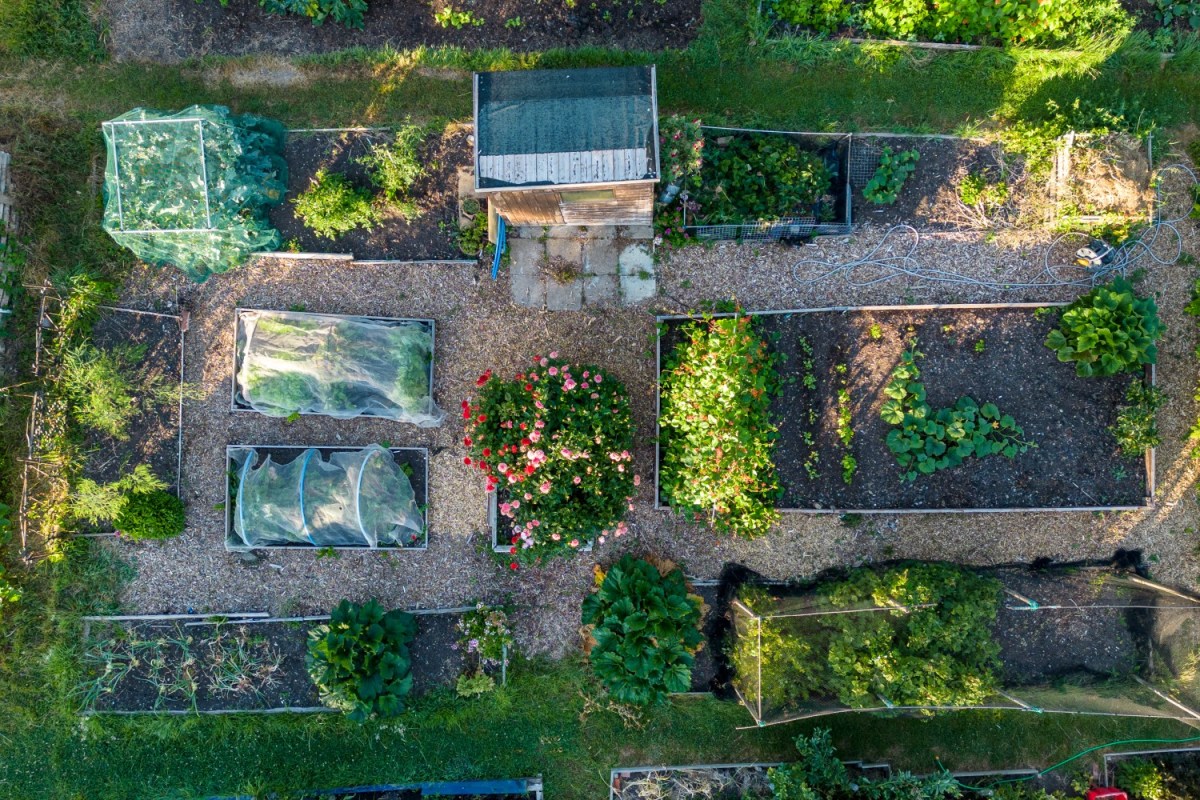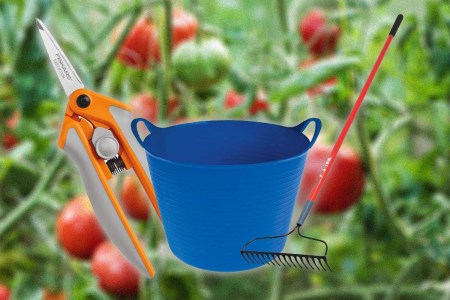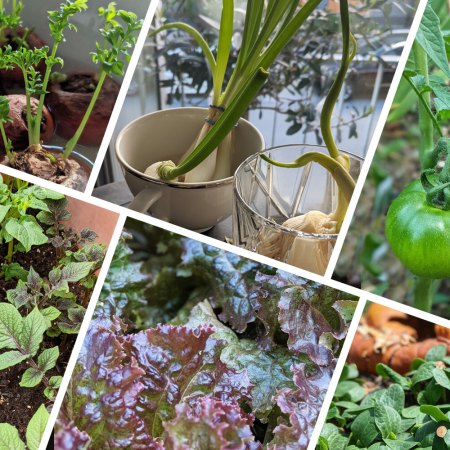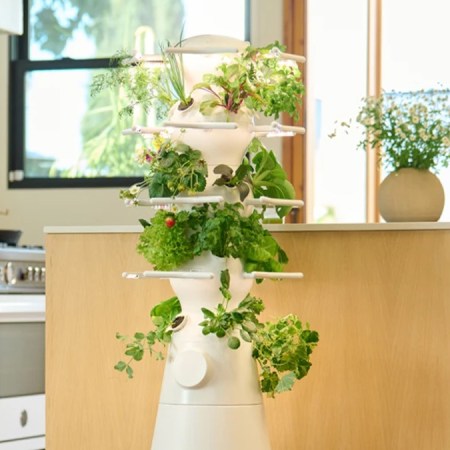There are plenty of reasons to get involved in home gardening. For some, a nice-looking garden can be its own reward; for others, having a steady supply of fruits, vegetables and herbs can mean more options when making meals all year long. And there’s also scientific evidence that gardening can have health benefits to boot. Any of these — or all of them — are good reasons to get out in the yard and make with digging and weeding. But as you plan your next garden, you might want to keep a few things in mind — namely, that some of your options might be a bit different than in past years.
That’s because, as NPR reports, the USDA recently updated its guidelines for what plants can grow in what regions of the country. As one of the people involved with assembling the new guidelines told NPR, this isn’t entirely due to climate change, it’s not not due to climate change either — and it means that roughly half of the U.S. has new options to choose from when it comes to growing plants.
The USDA’s Plant Hardiness Zone Map is based on data including “the average annual extreme minimum winter temperature” — something that an agency press representative told NPR had a “highly variable nature.”
If you’re a home gardener who’s found that their region’s designation has changed, the USDA does not recommend a wholesale upending of your backyard plot. “If your hardiness zone has changed in this edition of the USDA Plant Hardiness Zone Map (PHZM), it does not mean you should start removing plants from your garden or change what you are growing,” the agency states on a guide to the map. “What has thrived in your yard will most likely continue to thrive.”
The Best Spring Gardening Tools for Aspiring Home Gardeners
Everything you need to get startedThat’s reassuring news for longtime gardeners who have a routine and know what they like to grow. But if you’ve been thinking about trying something new in your yard or community garden — these new guidelines might just give you the opportunity you need to make a change.
This article was featured in the InsideHook newsletter. Sign up now.



















